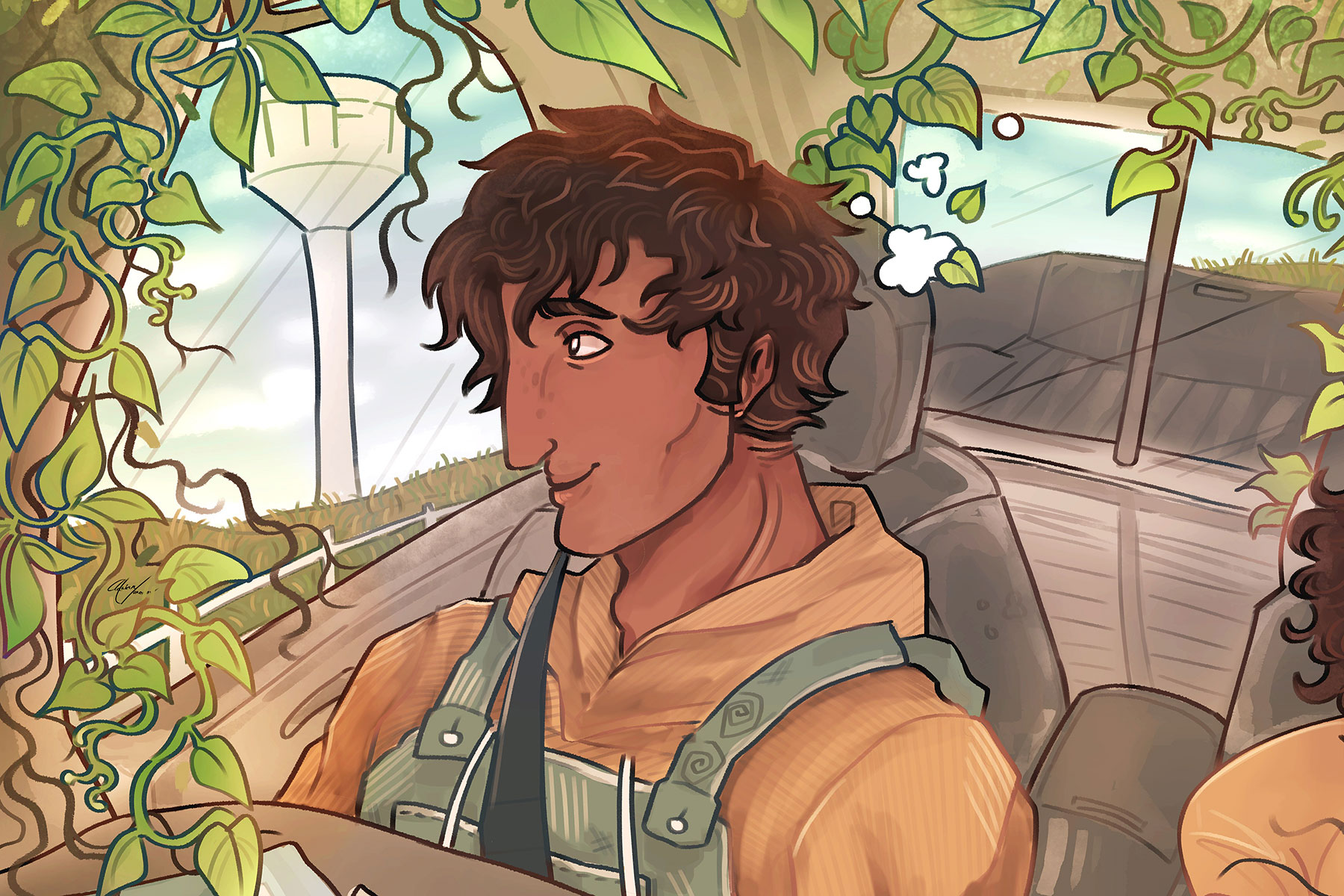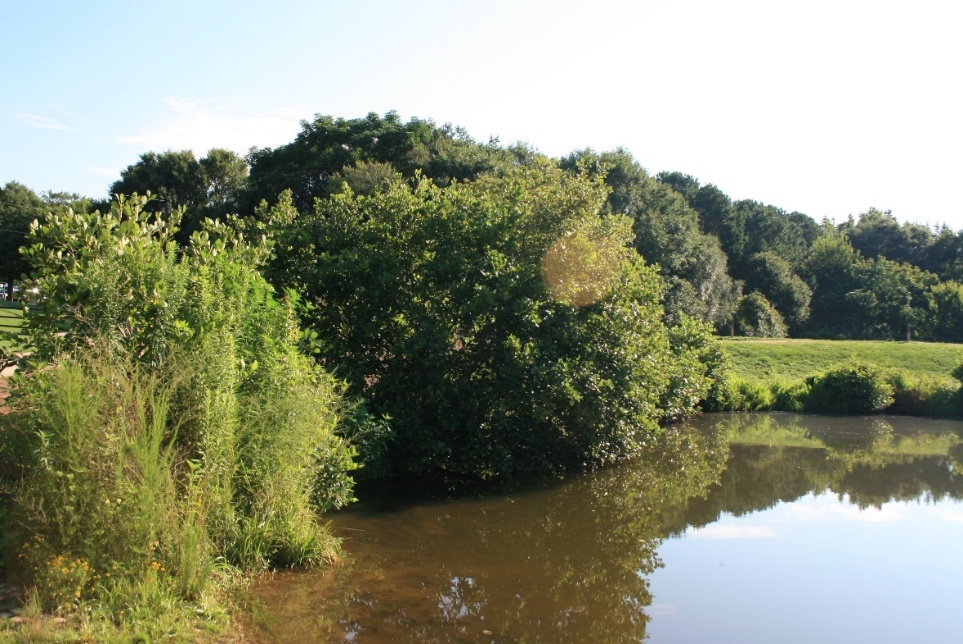By Merritt Melancon
University of
Georgia
We’ve gotten on with our lives after the Sept. 11 attacks. The
thoughts and feelings we suppressed to do that, though, haven’t
gone.
As the Pentagon and World Trade Center tragedies’ first
anniversary approaches, prepare for some of those post-attack
feelings’ and fears’ resurrection, says University of Georgia
human development specialist Don Bower.
“Anniversaries of tragedies often dredge up painful memories,”
said Bower, an associate professor with the UGA College of Family
and Consumer Sciences. “Feelings of sadness, isolation, anger,
lack of meaning and despair are common, especially if our
grieving hasn’t resulted in some sense of resolution.”
Forum for sharing
Anniversary rituals can help us cope with anticipated grief,
Bower said, by providing some structure for our remembrances and
a forum in which to share our thoughts with our friends and
neighbors.
As families and communities consider memorials, Bower said,
remember a couple of things that may help promote healing.
- Recognize that not everyone will experience the same emotions
around the anniversary. Although its stages are universal, grief
is experienced individually and personally. Understand that
others may not share your particular feelings around this
tragedy. - Not everyone will want to recognize this kind of anniversary.
Some will think it’s important to “move on” or that focusing on
painful events of the past only makes recovery harder.
Variety of rituals
For these reasons, Bower says, community remembrances around 9/11
should provide a variety of rituals. Make the “celebration”
activities compatible with the moods of your family.
Expect TV to be saturated with video images from that time, which
can trigger more distress for children and others who may be on
edge emotionally. Consider limiting how much of this your family
should see.
Many communities choose to become active participants in helping
heal emotional scars. One of the best ways to do this is to get
involved in community service that overpowers the anger and
sadness with productive contributions.
Positive examples
These are especially effective when adults and youth work
together. Some examples:
- Write a note of thanks to the public safety professionals
such as firefighters, police and EMTs for all they do to protect
your community. - Donate blood (or money) at a community blood drive.
- Plant a tree in remembrance of someone special.
- Volunteer to share your time and talents with a community
youth-serving organization. - Organize a block party to bring your neighbors closer
together. - Beautify the landscape in a public area.
- Visit a senior friend and encourage her or him to
reminisce. - Respond to everyday affronts such as road rage with
forgiveness and courtesy. - Speak up when you see other people being demeaned or taken
advantage of.
‘Family-friendly’ communities
“These ideas may seem unrelated to a sad anniversary,” Bower
said. “But they have been shown to contribute to a community
being ‘family-friendly.’ Communities that are characterized by
these attitudes and behaviors help promote resilience in the face
of tragedy.
“While anniversary remembrances can resurrect old feelings of
pain and confusion,” he said, “they also offer a way to channel
pain and confusion into a sense of control over the events in
our lives and a hope for a brighter future.”




